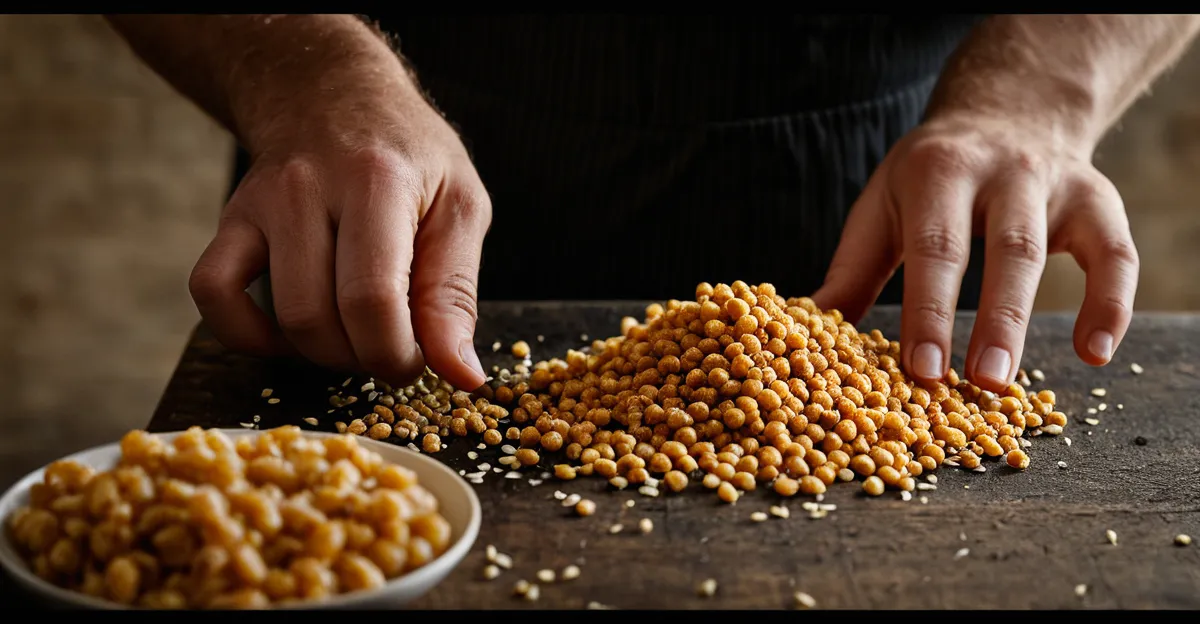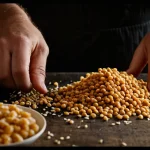Overview of UK Food Security Challenges
Understanding the UK food security issues requires examining several critical factors: supply chain disruptions, economic influences, and international trade dynamics. The UK faces persistent food supply challenges due to its heavy reliance on imports and complex logistics networks. Disruptions—caused by events such as Brexit or the COVID-19 pandemic—have exposed vulnerabilities, leading to delays and increased costs for essential food items.
Economic factors, including rising inflation, also play a significant role. Inflation increases the price of food across the board, affecting affordability for many households. This inflationary pressure interacts with UK economic factors such as wage stagnation and energy cost rises, further straining food security.
Also to see : How is the UK Handling Environmental Concerns Today?
Brexit has fundamentally altered trade relationships, introducing customs delays and regulatory hurdles that impact food availability. Similarly, the pandemic underscored the fragility of global supply chains, prompting shortages and price volatility. Together, these challenges have not only affected the availability of food but also its affordability across the UK.
Addressing these issues is complex, requiring awareness of the interconnected economic and trade forces shaping the UK’s food landscape today.
Have you seen this : How is the UK addressing its transportation infrastructure challenges?
Government Policies and National Strategies
The UK food security policy increasingly focuses on enhancing resilience amid ongoing food supply challenges. A central framework is the National Food Strategy, which outlines comprehensive measures to improve food system sustainability and tackle vulnerabilities exposed by disruptions such as Brexit and the pandemic.
Key government initiatives emphasize boosting domestic production to reduce reliance on imports and mitigate risks linked to international trade. Actions include supporting farmers through grants and innovation funding, encouraging sustainable farming practices, and investing in food processing infrastructure.
To address UK economic factors affecting affordability, some policies aim to stabilize food prices and ensure equitable access. Programs targeting food waste reduction also contribute to efficiency, thereby easing supply pressures.
Overall, the policy direction seeks to balance short-term crisis responses with long-term strategic resilience, acknowledging the interconnectedness of economic conditions, supply chains, and trade. This multifaceted approach strives to secure food availability while adapting the UK’s food system to future challenges.
Trade, Imports, and Domestic Production
Balancing food imports UK with domestic food production is crucial to addressing ongoing food supply challenges and improving the UK’s self-sufficiency. Currently, the UK imports approximately 40% of its food, highlighting vulnerability to external disruptions. This reliance increases exposure to fluctuating international markets and trade policy changes, notably post-Brexit.
The government and industry stakeholders recognize that boosting domestic food production can reduce dependency and enhance resilience. Efforts include promoting innovative agricultural techniques, investing in agri-tech, and supporting crop diversification. These actions aim to increase output while maintaining sustainability standards, which also address UK economic factors such as supporting rural employment and reducing import costs.
Improving supply chain efficiency complements production growth, ensuring that domestic food reaches markets with minimal loss. Additionally, diversifying import sources mitigates risks linked to geopolitical tensions or climate-related events abroad.
By fostering a balanced approach between imports and domestic output, the UK strives to strengthen food security and cushion its food system from external shocks that have historically amplified UK food security issues.
Recent News and Developments
Recent events continue to test the resilience of the UK’s food system, highlighting persistent food supply challenges and evolving UK food security issues. In late 2023, extreme weather patterns, including unseasonably heavy rains and heatwaves, disrupted harvests in some key agricultural regions. This impacted crop yields, exacerbating supply pressures already strained by earlier disruptions.
Simultaneously, shifts in international trade agreements have created new dynamics. For example, recent negotiations aimed at easing customs procedures with European partners have shown promise in reducing wait times at borders, though challenges remain. These changes directly influence UK economic factors such as food prices and availability.
In response to these developments, government bodies have enacted quick measures to stabilize markets, including emergency support for affected farmers and targeted subsidies to buffer rising costs. Additionally, efforts to improve supply chain transparency are underway to anticipate and tackle forthcoming disruptions more effectively.
These latest UK food security updates demonstrate ongoing vulnerabilities but also a growing capacity for adaptive management, underscoring the critical need for integrated and proactive strategies moving forward.
Expert Opinions and Official Reports
Food security expert views consistently emphasize the critical need to address UK food security issues holistically. Analysts highlight that food supply challenges are not isolated but deeply intertwined with UK economic factors like inflation, wage stagnation, and energy costs. Experts argue these pressures reduce affordability, particularly for vulnerable households, worsening overall food insecurity.
UK government reports provide detailed statistics evidencing these trends. The data reveal supply chain disruptions, exacerbated by Brexit and the pandemic, have directly contributed to fluctuating food availability and prices. Reports recommend strengthening domestic resilience through increased domestic food production and diversified imports to reduce reliance on volatile international markets.
Key findings also stress the importance of integrated policy responses that combine economic supports with agricultural innovation. For example, government initiatives targeting sustainable farming practices receive backing from experts for their potential to boost local production without compromising environmental goals. Collecting and analyzing timely statistics helps monitor progress, enabling adaptive management of ongoing challenges.
Together, expert opinions and official analyses form a robust foundation, shedding light on where interventions should focus to improve the UK’s food security amid complex, evolving pressures.









